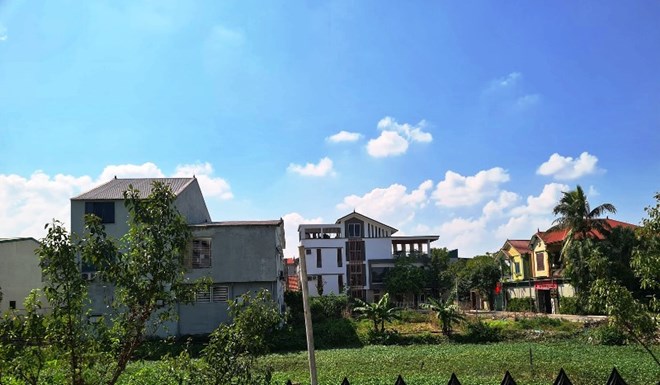
Rural waste treatment methods are still rudimentary.
According to the Ministry of Natural Resources and Environment (MONRE), currently, about 71% of domestic solid waste is still mainly treated by landfill, only 16% is treated at compost processing plants and 13% is treated by incineration.
Solid waste treatment in localities has not been applied with guaranteed methods and technologies. In some localities, each commune has one incinerator. These incinerators for domestic solid waste are mostly small-scale with a capacity of less than 300kg/h. For these small-capacity incinerators at the commune level, the exhaust gas treatment system is either non-existent or does not meet the requirements.
This explains why some localities that build new rural areas meet most of the criteria, but have difficulty with criteria 17 and 18 (environmental criteria and living environment quality criteria).
Protecting the living environment, building clean, civilized countryside
As one of the mountainous provinces making efforts to accelerate the process of building new rural areas (NTM), Son La province is gradually perfecting and improving criterion number 17 on the environment. In Song Ma district, mass organizations have developed a program to coordinate the implementation of the campaign "All people unite to build NTM, civilized urban areas", focusing on environmental protection, building a bright, green, clean and beautiful environmental landscape.
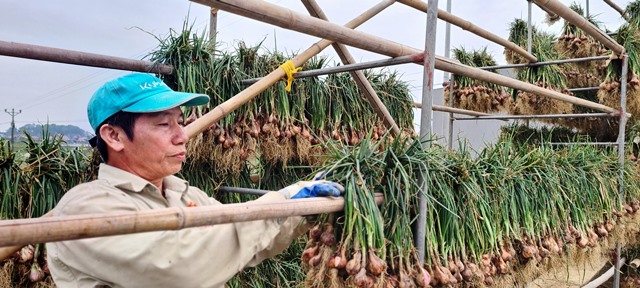
Participating in the implementation, the Women's Union of Song Ma district directed 19 grassroots associations to register for the implementation part in 2023 with the model of "5 no, "3 clean", building flower roads and routes; launching 2 models of "collecting plastic waste". The district Youth Union effectively maintained the program "Volunteer Saturday", "Green Sunday". The Farmers' Association launched a movement to clean up around houses, move livestock barns away from houses, collect and compost manure to take care of crops...
From 2022 to present, mass organizations in the district have cleaned nearly 6,000km of roads and nearly 600km of ditches; planted 21,650 scattered trees; built 1,792 toilets and relocated 2,999 livestock pens away from residential areas; planted nearly 30km of flower roads..., contributing to creating a livable countryside after building new rural criteria.
According to the Department of Agriculture and Rural Development of Binh Thuan, in recent years, the implementation of environmental and food safety criteria in the province has received attention. Propaganda and training to raise awareness of environmental protection have also been focused on by departments and localities. Many propaganda and training activities on legal regulations on environmental protection and the construction of environmental protection models in rural areas have been organized quite regularly.
The rural appearance in Tuyen Quang province has changed dramatically thanks to the development of self-management groups in residential areas. Trang Da commune, Tuyen Quang city is one of the typical localities in implementing environmental criteria in building new rural areas, notably the movement "Tuyen Quang joins hands to classify waste and fight plastic waste".
The effective operation of self-governing groups, this movement has been maintained in the residential areas. Specifically, Trang Da commune has established and expanded 9 self-governing models on classification, collection, transportation and treatment of plastic waste. Members of the self-governing groups have promoted and mobilized people in residential areas to participate in waste classification right at home, encouraged the construction of organic waste treatment tanks, contributing to limiting plastic waste and minimizing environmental pollution. 100% of self-governing groups have developed regulations, assigned members of the self-governing groups to be in charge of household groups.
With more than 2,260 self-managed groups on environmental protection actively operating in communes across the province, issues such as littering and waste treatment in rural areas have been limited and resolved, contributing to helping communes successfully build new rural criteria in the area.
As a district with strengths in agriculture, to reduce environmental pollution and ensure food hygiene and safety, Ba Vi district (Hanoi) aims to mobilize investment resources of about 350 billion VND to build a concentrated livestock and poultry slaughterhouse in Dong Thai commune with an area of 4 hectares...
According to the Central Office for New Rural Area Coordination, not only the above localities, currently, the whole country is promoting environmental criteria, shortening the time to reach the finish line of building new rural areas and advanced new rural areas...
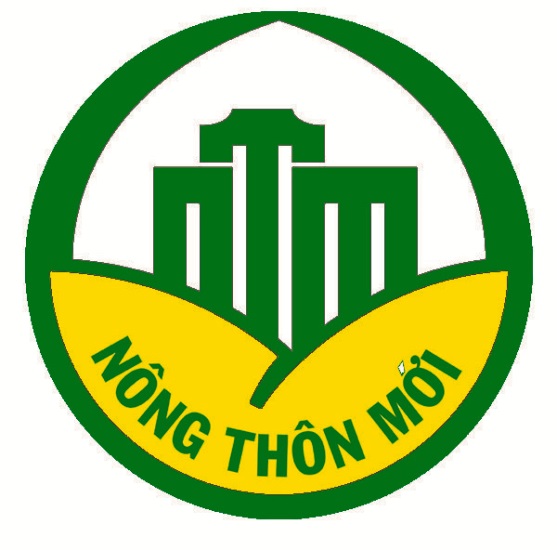
Source


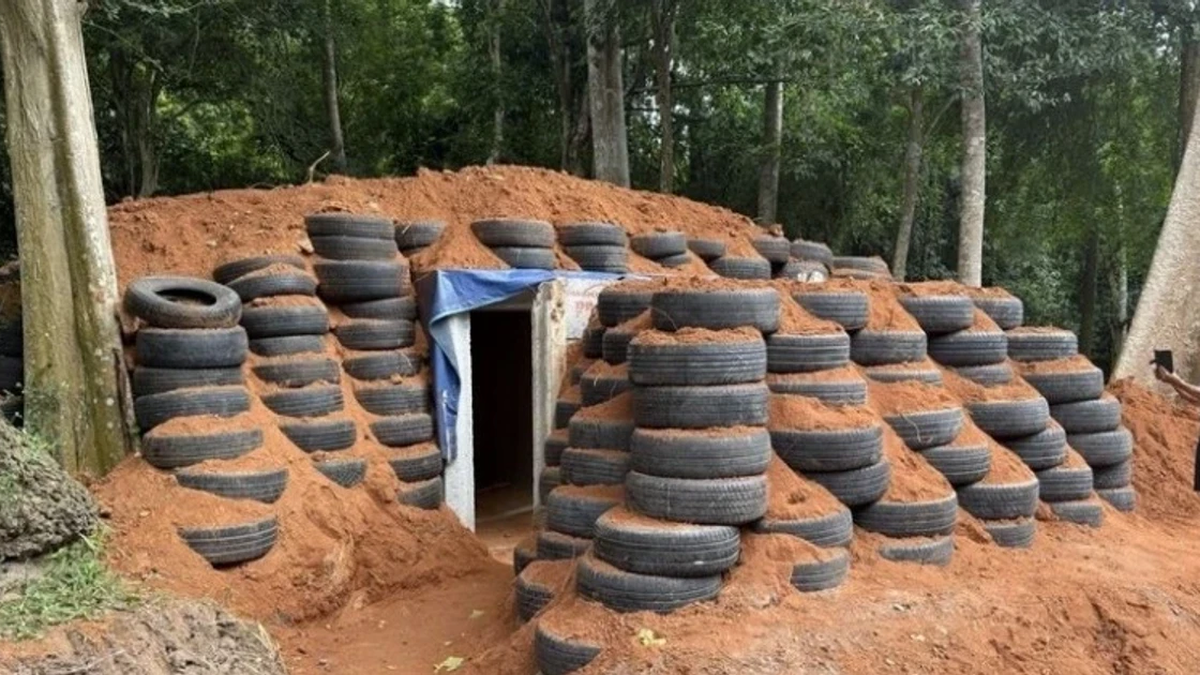

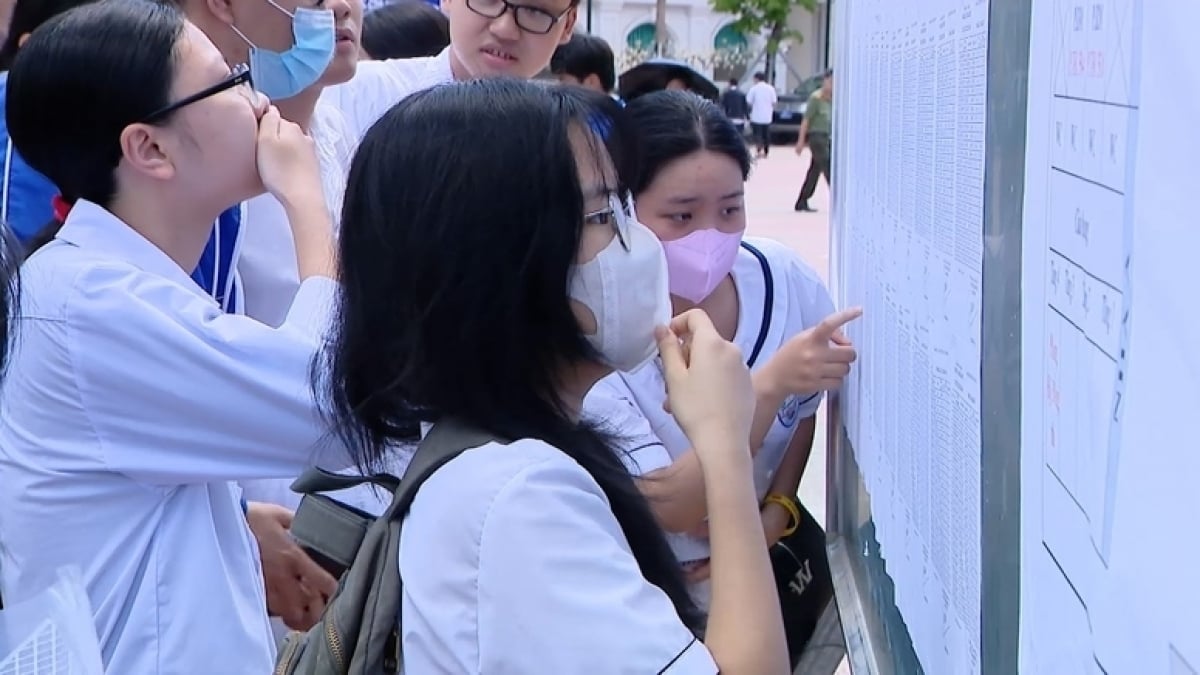

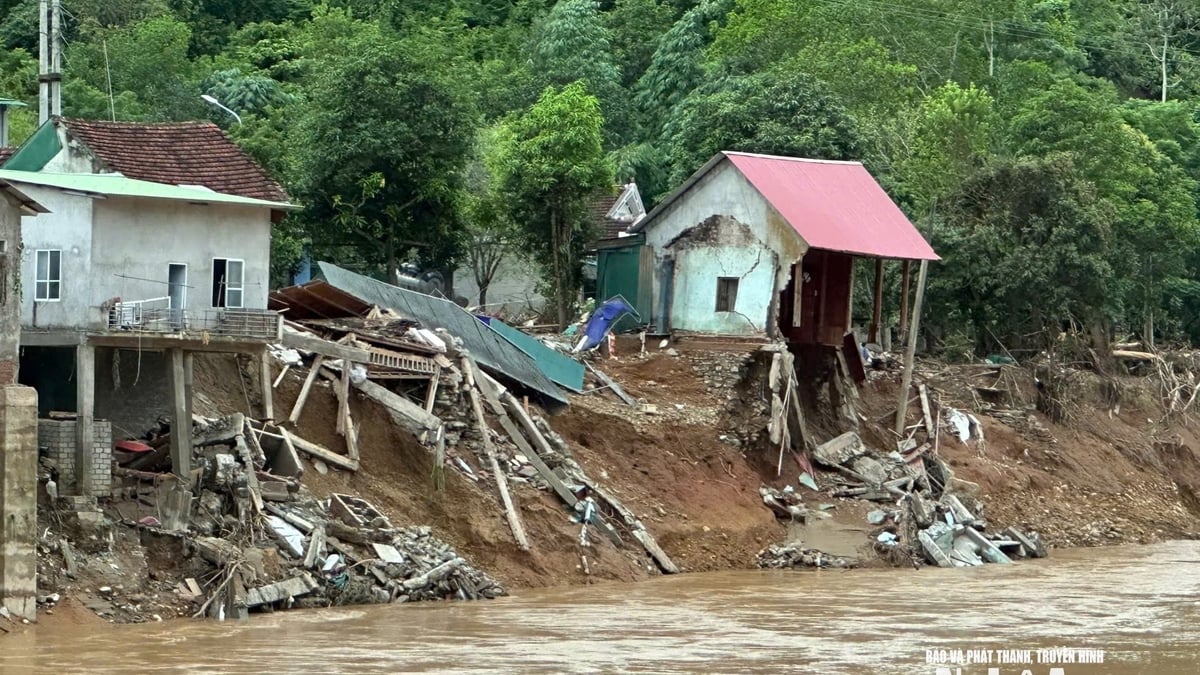
![[Video] Many universities lower their minimum scores: Be careful with “low scores, high standards”](https://vphoto.vietnam.vn/thumb/1200x675/vietnam/resource/IMAGE/2025/7/25/f91e64a5fa2c4a86a3b57997e5b263fc)


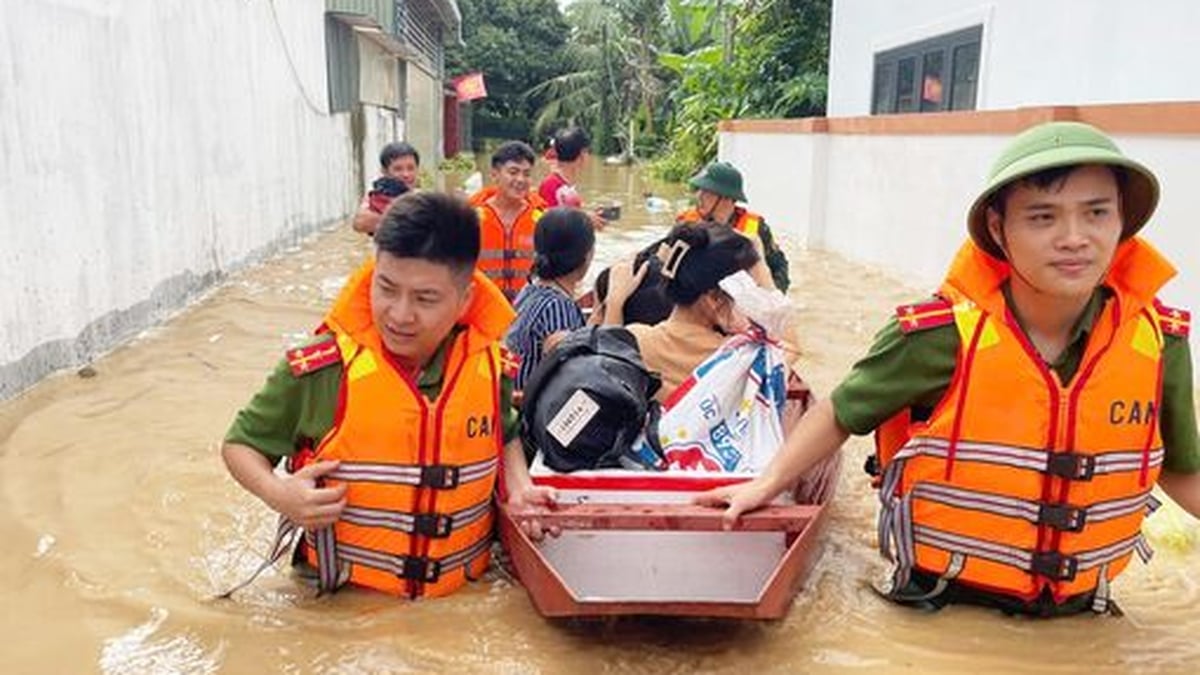

















![[Photo] Signing of cooperation between ministries, branches and localities of Vietnam and Senegal](https://vphoto.vietnam.vn/thumb/1200x675/vietnam/resource/IMAGE/2025/7/24/6147c654b0ae4f2793188e982e272651)





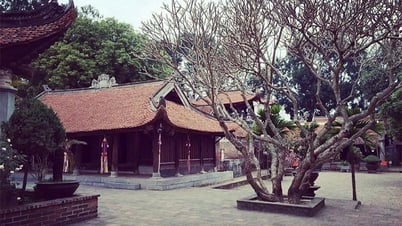



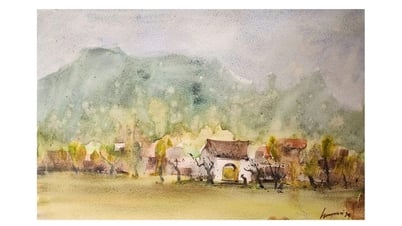



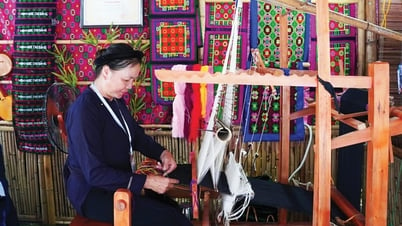












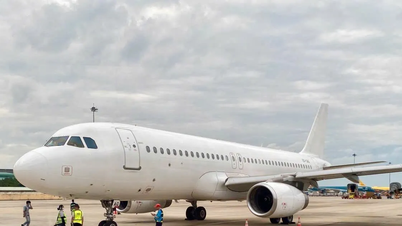
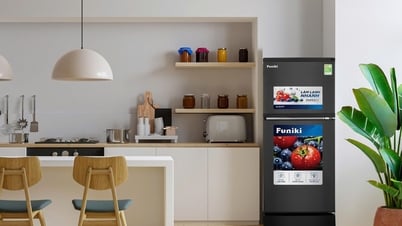

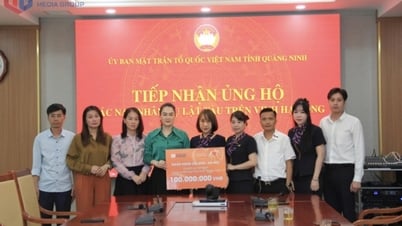





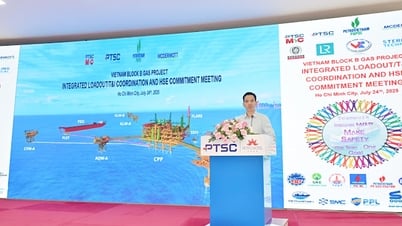






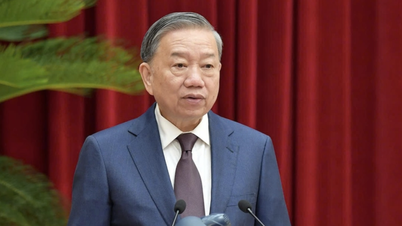

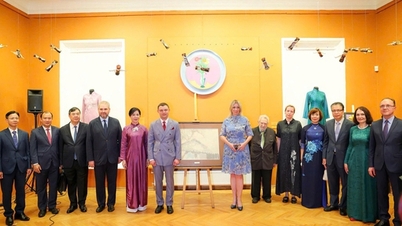

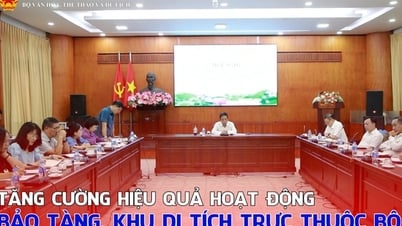



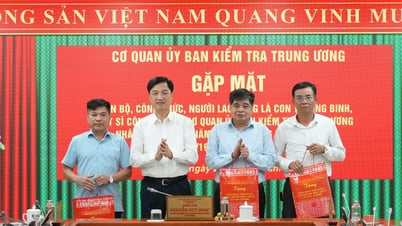

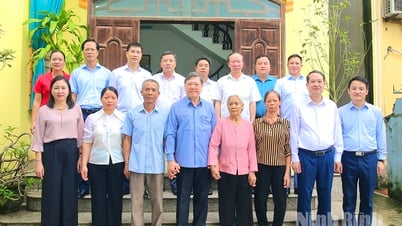









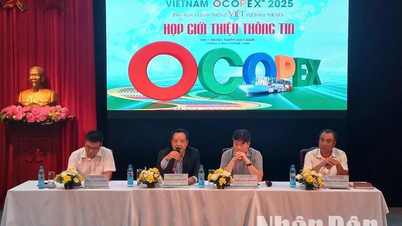


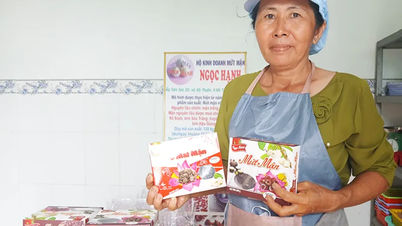

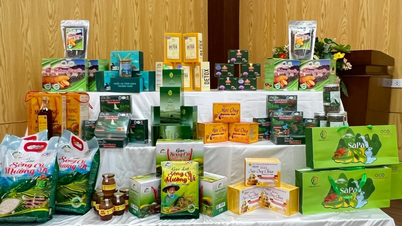




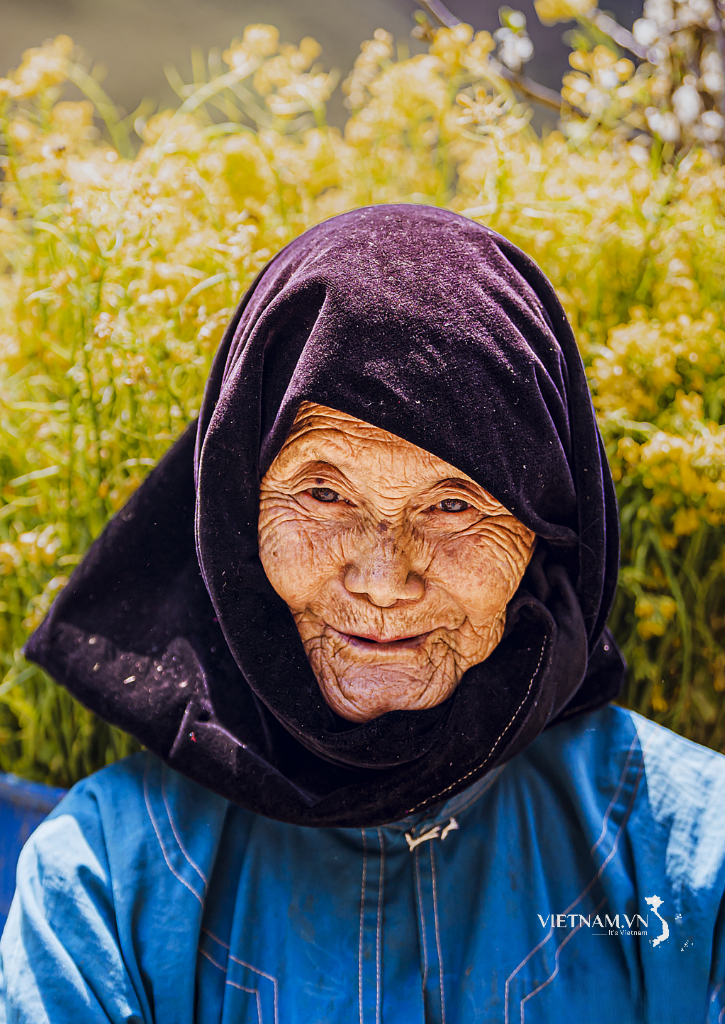
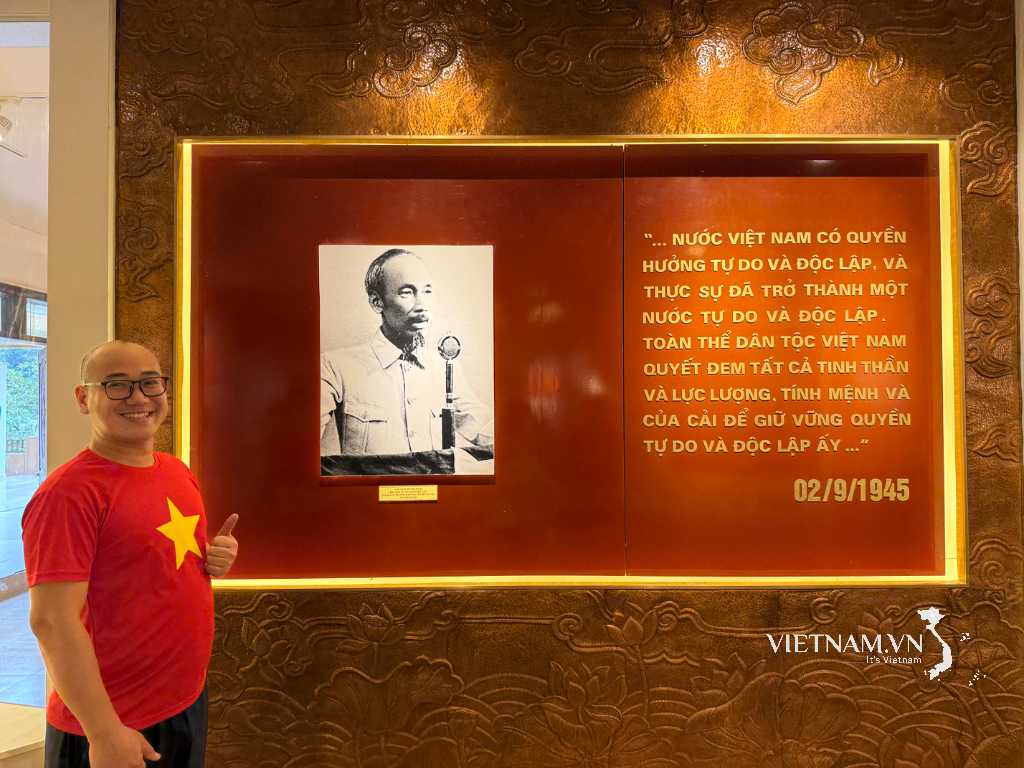
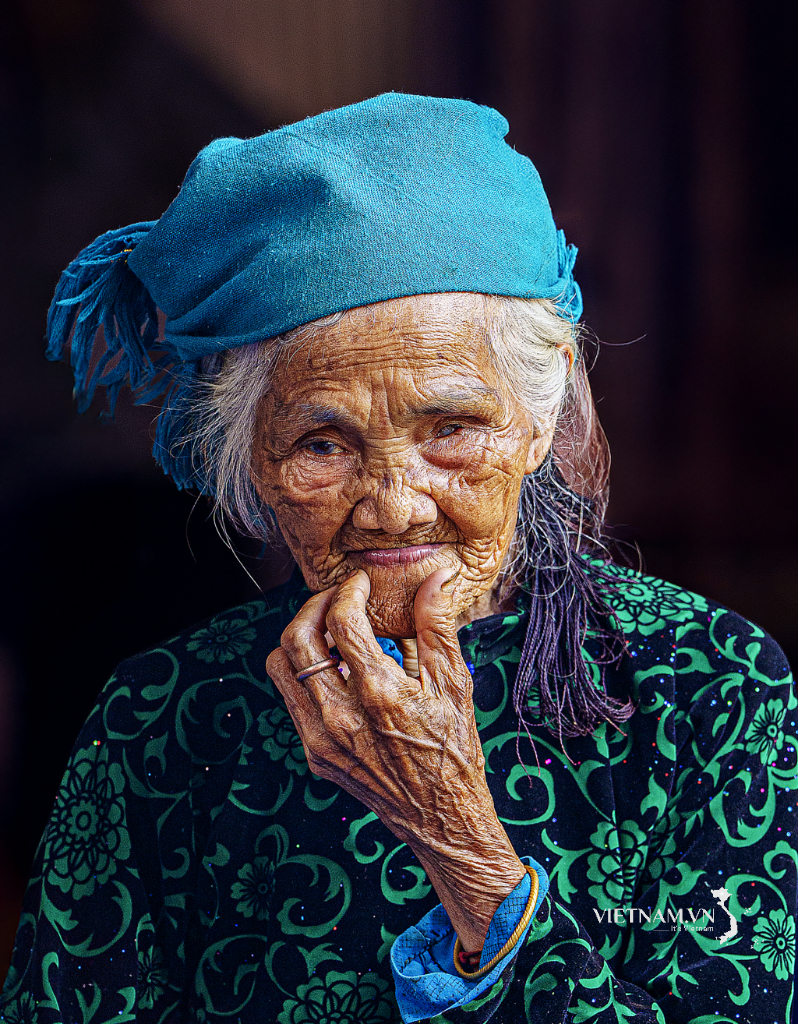
Comment (0)